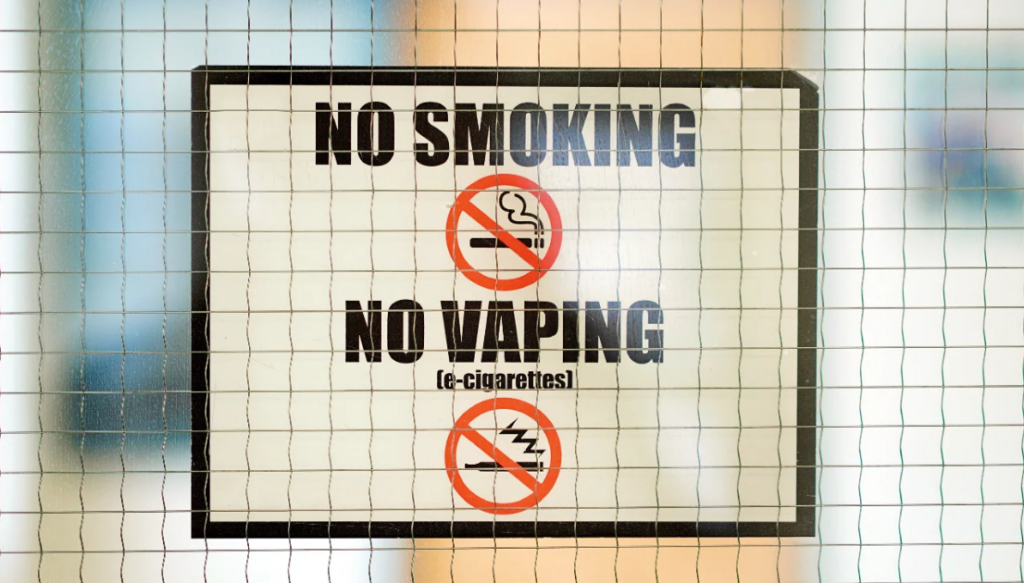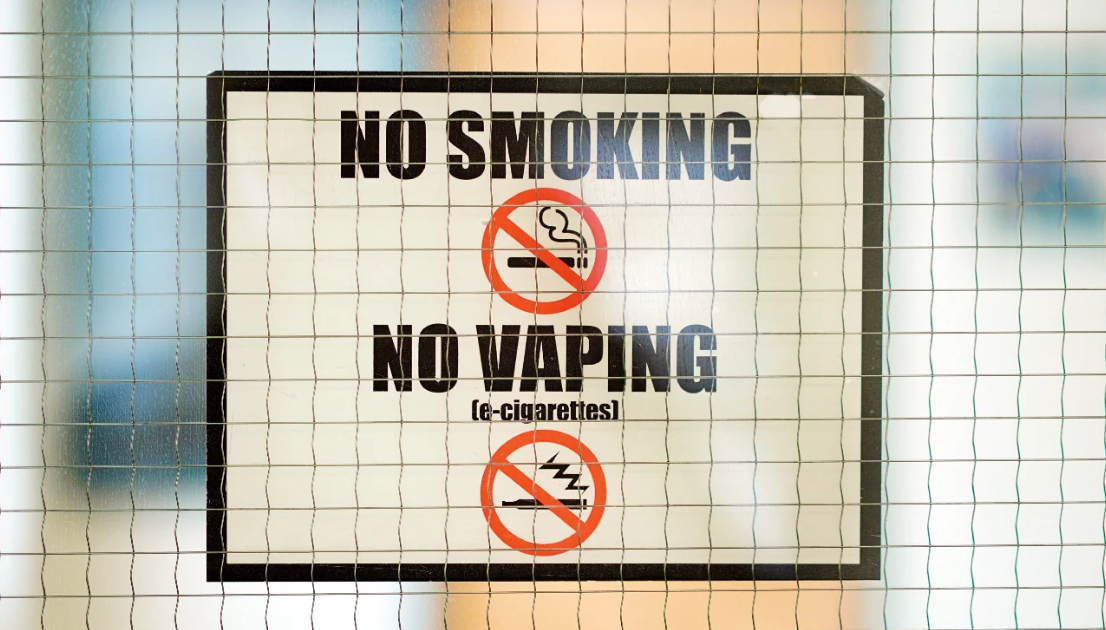Thailand is well-known for its strict vape policies, making it one of the worst countries for vapers. With the general elections on May 14, however, there might be a chance for change. Activists for tobacco harm reduction are hopeful that the draconian vape policies could be overturned soon.
Background: The Vape Ban in Thailand
The Beginning of the Ban
In 2014, Thailand banned possessing, selling, or importing vapes, leading to severe penalties and a corrupt enforcement system. This fostered a culture of police extortion, with one incident resulting in tourists being forced to pay a bribe to avoid detention for vape possession.
The Impact on Public Health
Over 81,000 people die annually of smoking-related illnesses in Thailand. In contrast, countries with legal access to vapes, which are far less harmful than cigarettes, have seen millions of people switch to vaping. Lifting the ban could align Thailand with countries like the Philippines, which regulated vaping products last year.
Recent Political Developments: The Push for Decriminalization
Minister Chaiwut Thanakamanusorn’s Support
Chaiwut Thanakamanusorn, Minister of Digital Economy and Society, expressed support for legalization in 2021. As deputy leader of the Palang Pracharath Party (PPRP), Thanakamanusorn believes vaping would be a safer choice for the 10 million smokers in Thailand. He also argues that the Tobacco Authority of Thailand (TOAT) and Thai tobacco growers would benefit from producing vaping products for export. Decriminalization is now part of PPRP’s platform for the upcoming elections.
Opposition from Deputy Prime Minister Anutin Charnvirakul
Anutin Charnvirakul, Deputy Prime Minister and Minister for Public Health, continually reiterates the government’s position against vapes. He believes they pose health risks, encourage more people to smoke, and should remain banned.
Influential Anti-Vaping Groups
Asa Saligupta, Director of End Cigarette Smoking Thailand (ECST), explains that powerful, well-funded anti-vaping and anti-smoking groups support the ban. Funding often comes from overseas, such as Bloomberg Philanthropies.
The Misperception: Vaping vs. Smoking
Despite evidence to the contrary, the belief that “vaping is more harmful than smoking” remains widespread in Thailand. However, Saligupta remains hopeful that Thailand will eventually embrace the benefits of e-cigarettes, especially as more countries allow their use, import, and sale.
Signs of Change: Positive Developments
Saligupta cites several promising signs, such as TOAT’s exploration of economic opportunities from e-cigarettes and the Move Forward Party announcing legalization as part of their election campaign policies.
The Underground Vape Economy
Despite the ban, an estimated 80,000 people vape in Thailand, with an underground economy worth around $175 million. Legalization could increase the number of people who switch from smoking and protect them from law enforcement extortion.
Comparing Vapes to Cannabis Legalization
Thailand has harsh drug laws but legalized cultivation and possession of cannabis in 2022. Medical professionals support cannabis legalization, whereas e-cigarettes still face opposition despite their benefits for those looking to quit smoking.
Conclusion: A Possible Turning Point
The May elections could be a turning point in Thailand’s vape prohibition if the tobacco harm reductionists’ efforts are successful. This would bring a significant change to one of the world’s most damaging examples of vape prohibition.
FAQs
- What is the current status of vaping in Thailand?
Vaping has been banned in Thailand since 2014, with severe penalties for possession, selling, or importing vapes. - What are the consequences of the vape ban in Thailand?
The vape ban has led to an underground economy, police extortion, and numerous incidents of bribery and abuse of power. Additionally, it has prevented smokers from switching to a less harmful alternative, contributing to high smoking-related death rates.
- What is the main opposition to lifting the vape ban in Thailand?
The main opposition comes from well-funded anti-vaping and anti-smoking groups, some of which are supported by Bloomberg Philanthropies. The government, led by deputy prime minister and minister for public health Anutin Charnvirakul, also argues that vapes pose health risks and encourage more people to smoke. - What is the potential for change in Thailand’s vape ban?
The upcoming general elections on May 14 could potentially change the country’s stance on vaping. Chaiwut Thanakamanusorn, minister of digital economy and society, has expressed support for legalization and confirmed that decriminalization will be part of PPRP’s platform in the elections. - How does the legalization of cannabis in Thailand compare to the ban on nicotine vapes?
Thailand legalized cultivation and possession of cannabis in 2022 after approving medical cannabis a few years earlier. The contrast between the legalization of cannabis and the continued ban on nicotine vapes highlights the influence of the medical community and well-funded anti-vaping groups in shaping the country’s policies.
- Myanmar Enacts Total Ban on E-Cigarettes and E-Shisha - February 25, 2026
- UK Announces Mandatory Vape Tax and Duty Stamps from 2027 - February 10, 2026
- Sri Lanka Travel 2026: Total Ban on Cigarettes & Vapes - February 5, 2026



